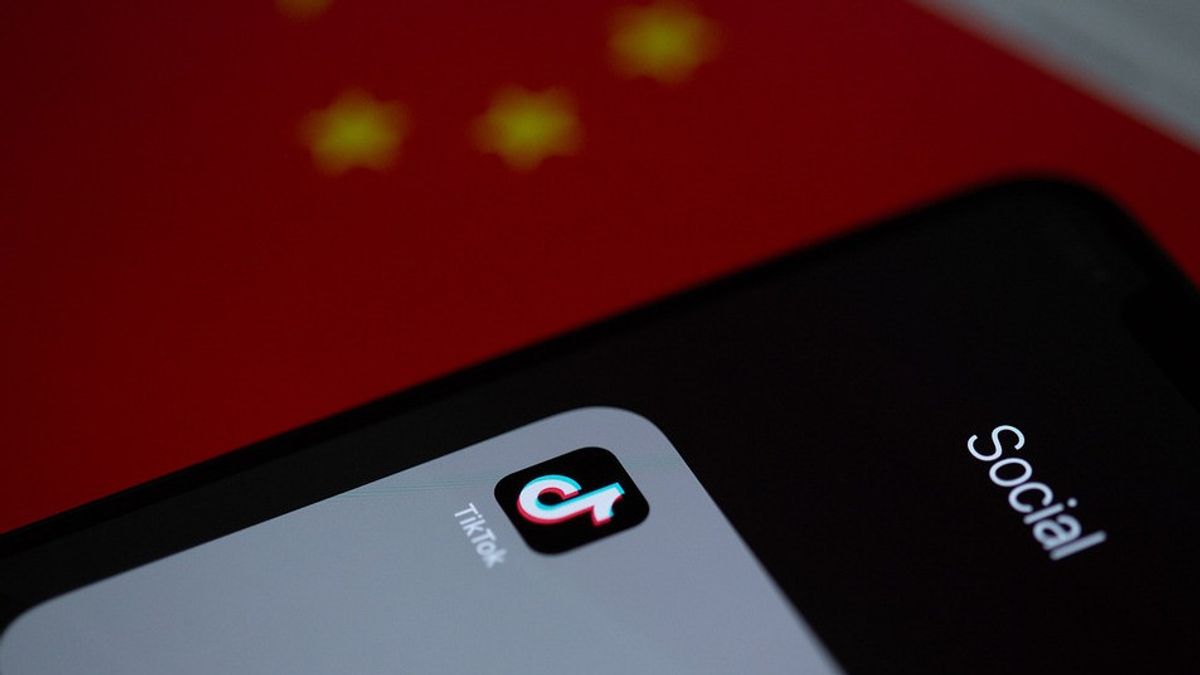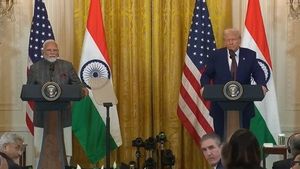JAKARTA - The European Parliament has banned TikTok from their staff phones. The decision follows in the footsteps of two European Union policy institutions and underscores growing concerns over China's short video sharing app and who can access user data.
The European Commission and EU Council last week banned TikTok from staff phones due to growing concerns about the company owned by Chinese company ByteDance and whether the Chinese government could leverage user data or advance its interests.
The Beijing government regularly denies having such intentions. Even TikTok wants to provide further clarification on this matter.
According to a EU parliamentary spokesman, the ban, which starts on March 20, will apply to company devices such as mobile phones and tablets listed in the Parliament's mobile management app.
They also strongly advise lawmakers and staff to remove TikTok from their personal devices, which confirmed a report from Reuters earlier.
TikTok said the ban was misguided and was based on a wrong understanding.
"TikTok is enjoyed by 125 million EU citizens and restricting user access to their representatives is a futile move, especially in our collective struggle against misinformation and when this action is taken on the basis of fear rather than fact," said a TikTok spokesperson.
The US Senate also banned TikTok on government-owned devices, while Canada adopted a similar decision on Monday. India has banned the app across the country.
The ban on TikTok by the European Parliament, the European Commission, and the Council of the European Union on their staff devices could impact the number of users of the app in the European Union. It can also affect TikTok's reputation as a safe platform for users.
In addition, if other countries or organizations also ban the use of TikTok, then this could have an impact on the potential revenue of TikTok's advertising and business partnerships in the region. However, the impact of financial losses directly remains unmeasurable because this ban has just been imposed and is still ongoing.
Some countries that have punished TikTok or taken steps to limit its use in their territory include:
India - In June 2020, the Indian government banned TikTok and 58 other Chinese applications, citing national security and user data privacy.
The United States - In August 2020, US President Donald Trump issued an executive order requiring ByteDance to relinquish control of TikTok operations in the US within 90 days. This is done because the US also has concerns over the privacy of user data and potential access by the Chinese government.
Indonesia - In July 2018, Kominfo (Ministry of Communication and Information) banned TikTok for violating the ITE Law (Information and Electronic Transactions Law) related to pornographic content proposed by the Ministry of Women's Empowerment and Child Protection, the Child Protection Commission, and reports from the community. However, the ban is only temporary.
Pakistan - In October 2020, Pakistan banned TikTok because it considered the application "insufficient" in maintaining morals and ethics in the country.
Bangladesh - In February 2021, the Bangladeshi government asked TikTok to remove "provocative" and " indecent" content from their platform or they would ban the app.
The European Union - In February 2021, the European Parliament, the European Commission, and the Council of the European Union banned TikTok from their staff devices due to concerns about national privacy and security.
The reasons that cause the ban to vary, but are mostly related to the privacy of user data and national security.
The English, Chinese, Japanese, Arabic, and French versions are automatically generated by the AI. So there may still be inaccuracies in translating, please always see Indonesian as our main language. (system supported by DigitalSiber.id)













